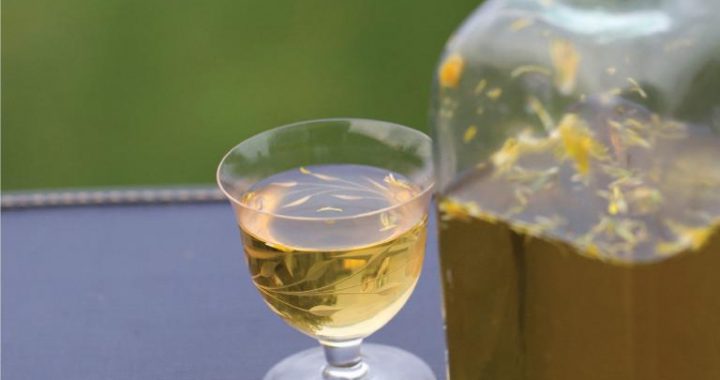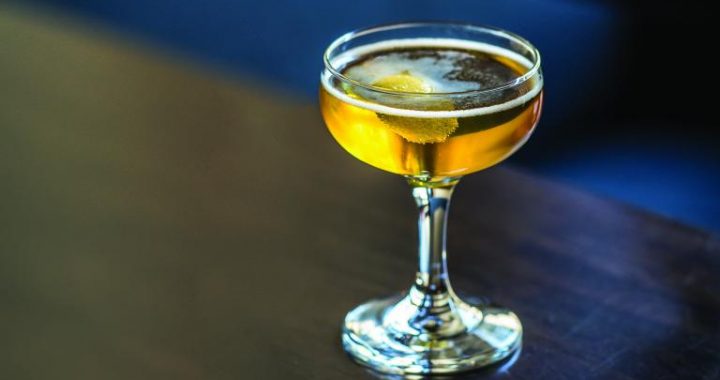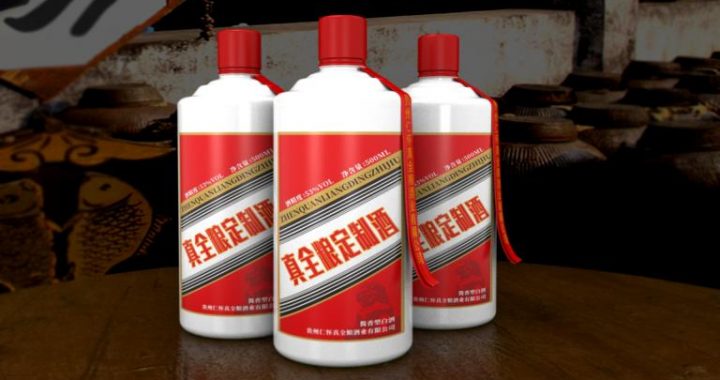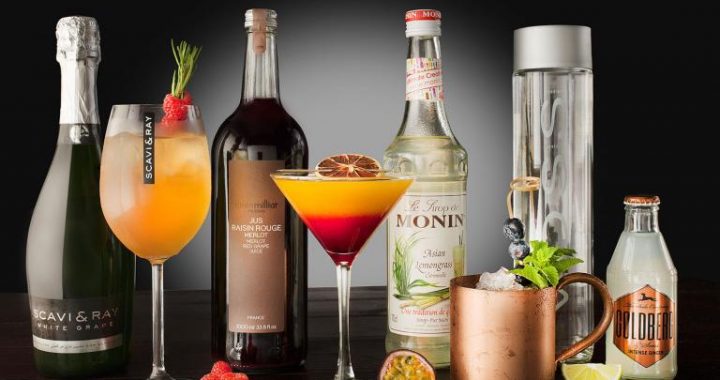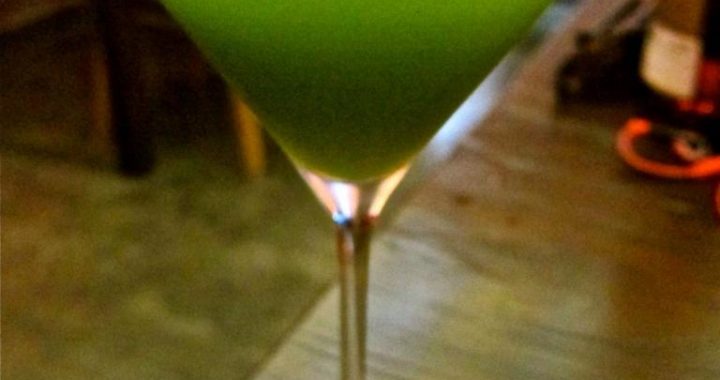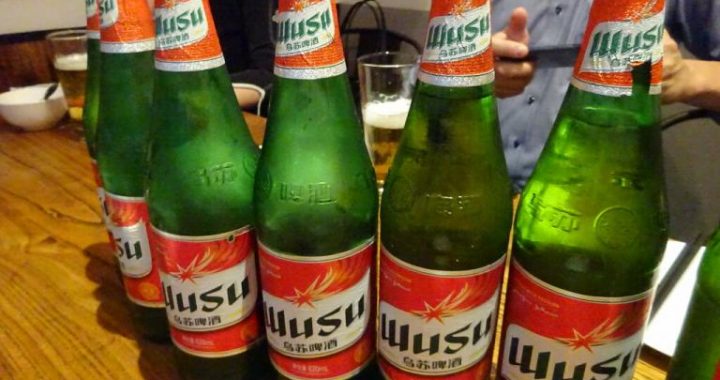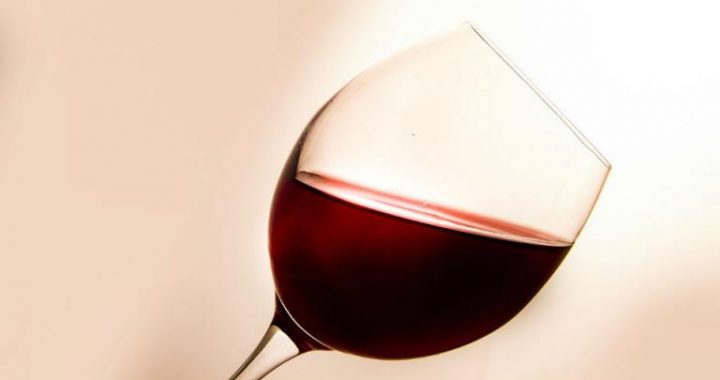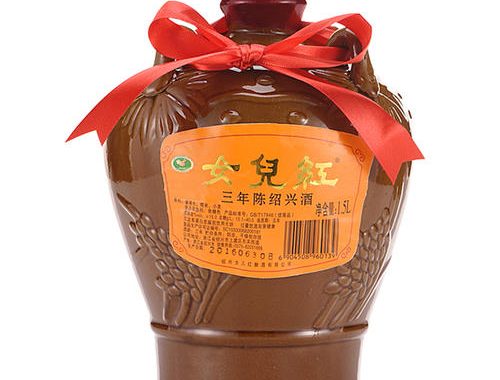Drinking Etiquette
2 min readThe Chinese have their unique wine culture.
Confucianism emphasizes a moral code,and it is L considered a virtue to offer wine to the heavens,gods,the elderly and guests.As too much drinking harms one’s health and job as well,the Chinese believe that one should drink half as much as one actually can;this corresponds to the philosophy of the golden mean.
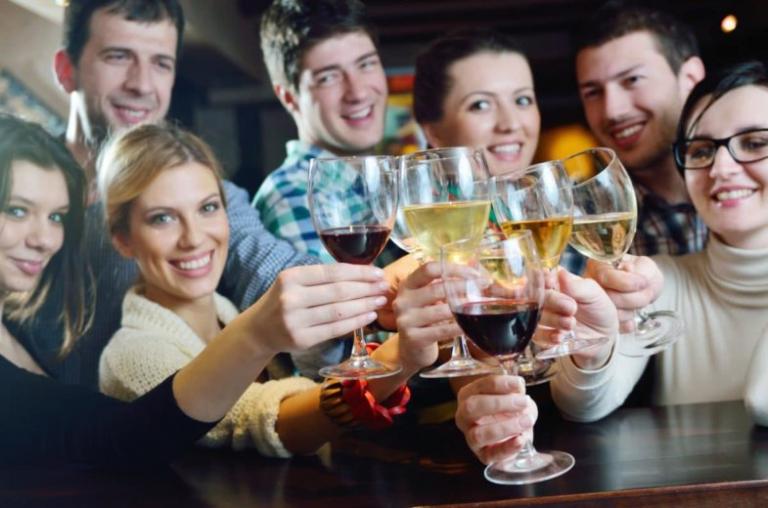
One should also drink with decorum.In the old days,the juniors had to defer and get permission from theseniors before they could drink.As long as there was wine in the senior’s cup,the junior could not empty his.
The host had to stand up to toast guests,who would reciprocate.When toasting someone,the toaster could drink three cups at most,and the toaster had to toss his or her cup as a gesture of sincerity.Some of these customs are still alive today.Everyone has his own place at a banquet,ensuring that it is a happy gathering.The Chinese drink on numerous occasions and give different names to these wine parties(jiu),such as the newyear-feast for Spring Festival,the Pure Brightness Festival on Tomb-Sweeping Day,the Chinese Valentine feast on the seventh evening of the seventh moon,the family reunion feast on the Mid-Autumn Festival,the chrysanthemum feast on the Double Ninth Festival,the mid-winter feast around December 22,and the Tusu feast on the first day of the lunar year.

The fragrance of wine imbues social life.A newborn baby certainly makes a good occasion for celebration.People drink when the child is three days old(sanzhaojiu),one month old(manyuejiu),one hundred days old(bairijiu) and one year old (dezhoujiu). There are also feasts on birthdays, weddings and funerals. Moreover, banquets are held when a house is built(shangliangjiu), when someone has a new home (xinjujiu), when a visitor from afar arrives(jiefengjiu), and when family or friends leave(jianxingjiu). Farmers have banquets when setting out rice plants(chayangjiu) and after a harvest(fengshoujiu), merchants celebrate when opening a new business (kaizhangjiu) or cashing dividends (fenhongjiu) and soldiers have banquets before being sent to the battlefield(chushijiu) and after returning victoriously(qinggongjiu). For the Chinese, wine is a divine gift. No wine, no party.
The object of these feasts is not to eat and drink, but to join in merrymaking. Using wine as penalty,a great variety of wine games have arisen. In the old days, the refined class would have poetry contests when drinking, while common people liked to play”guessing fingers,”in which each party held up a number of fingers simultaneously with his opponent and shouted out the number that he guessed would be held up by bothparties. Some of these games are still played today.

